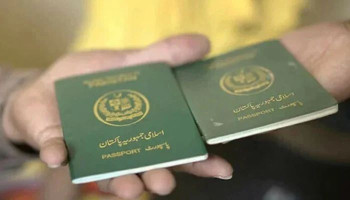
The government of Pakistan has taken steps towards legalising digital currencies, proposing changes to the State Bank of Pakistan (SBP) Act. These amendments aim to make digital currencies like Bitcoin legal, granting them the status of official currency.
If approved, the SBP would have the authority to issue, manage, and regulate these currencies, both in physical and digital forms.
SBP to Oversee and Secure Digital Payment Systems
With this move, Pakistan could see a new era in digital payments and financial inclusion. By expanding Section 24 of the SBP Act, the government seeks to allow the central bank to include digital currency in its management of banknotes.
This means the SBP could develop secure digital systems to oversee and support digital currency use nationwide. The amendments propose that the SBP may also create a dedicated department to manage digital currency operations, ensuring oversight, regulatory compliance, and transaction security.
Read more: Self-reliance over donor dependence — Experts chart Pakistan’s path forward at SOT 2024
In addition to legalising digital currency, the government is revisiting rules that limit dual nationals from holding key positions at SBP, like governor and deputy governors.
This restriction, introduced in 2022, is being reconsidered to allow experienced professionals, regardless of nationality, to serve in SBP's top roles.
The proposed amendments also suggest expanding the SBP board’s authority, enabling it to approve essential financial reports and conduct streamlined board meetings.
Under these changes, the chairperson or three non-executive directors could call meetings, clarifying board operations and governance processes.
















